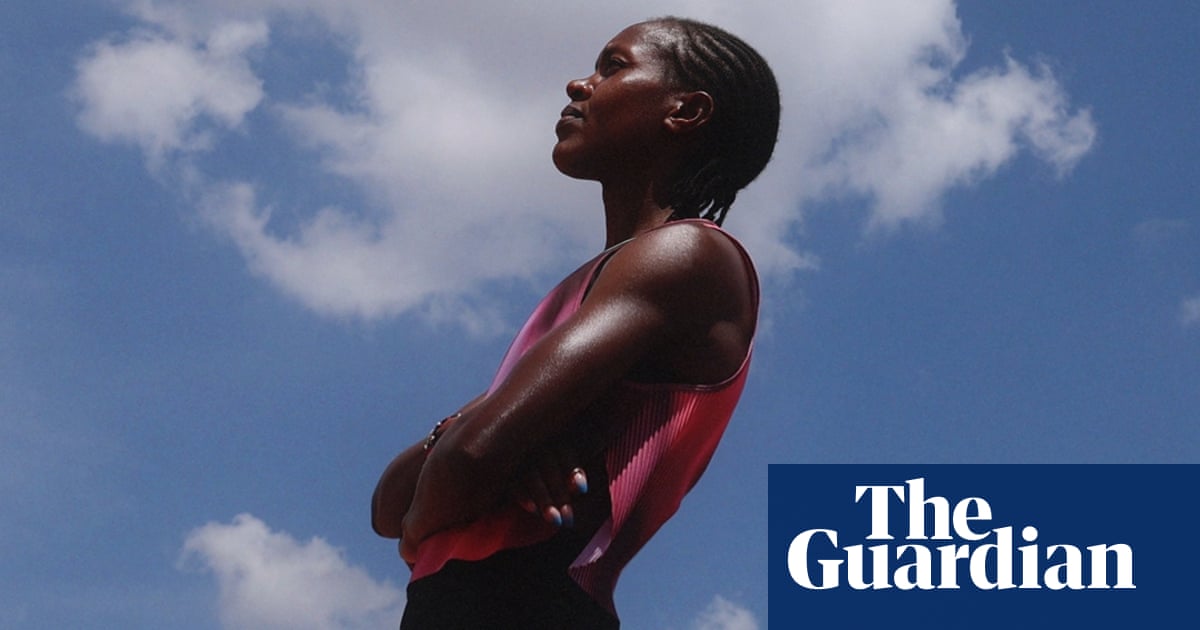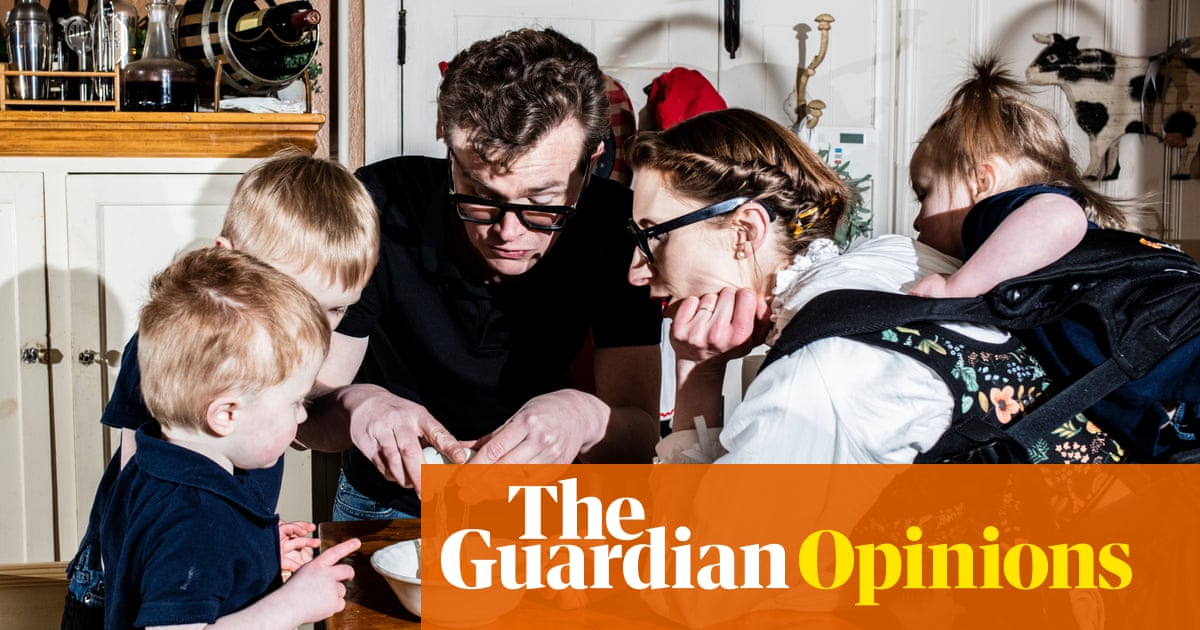A daily dose of omega-3 oils may slow the ageing process, according to a major clinical trial of interventions that aim to extend humans’ healthspan – the number of years spent in good health before a decline in old age.
Healthy older people who took one gram of the essential fatty acid for three years were found to have aged three months less than others on the trial, as measured by biological markers. Additional vitamin D and regular exercise boosted the effect to nearly four months, researchers found.
Heike Bischoff-Ferrari, the first author on the study and professor of geriatric medicine and healthy longevity at the University of Zurich, said: “While the effects may appear small with three to four months rejuvenation of biological age in three years, if sustained, they may have relevant effects on population health.”
Previous studies had hinted that omega-3, an unsaturated fatty acid found in oily fish and other foods such as nuts and seeds, could affect the ageing process. But whether humans would see any meaningful benefits from consuming it was unclear.
The researchers used biological tools called epigenetic clocks to assess how rates of ageing were affected in a clinical trial involving nearly 800 people aged 70 and over in Switzerland. Epigenetic clocks measure DNA methylation, chemical modifications that build up on DNA and reflect the biological rather than the chronological age of the tissue.
Volunteers on the trial were divided into eight groups and each took a gram of algae-based omega-3 a day, or 2,000 international units of vitamin D, or performed 30 minutes of exercise three times a week, or a combination of these.
Three different epigenetic clocks suggested that omega-3 slowed ageing, while one found an additional benefit when it was accompanied by vitamin D and exercise, the authors write in Nature Aging.
The same European trial, Do-Health, has reported other beneficial effects of omega-3, including a 10% lower rate of falls in seniors and 13% fewer infections. Meanwhile, the combination of omega-3, vitamin D and exercise lowered the risk of entering pre-frailty – when people show one or two signs of physical or mental decline that typically precede frailty – by 39% and reduced invasive cancers by 61%.
The work raises the prospect of inexpensive and readily available ways to improve healthspan, which even if modest at the individual level could be valuable at the population scale. But the results are tentative and it is not yet clear whether any slowing in the ageing process translates to people living healthier for longer.
While previous work has signalled health benefits from consuming omega-3, one recent study reported that fish oil supplements might only reduce the risk of serious heart problems in those with cardiovascular disease. For healthy people, the supplements may raise the risk of heart conditions or stroke. The NHS does not recommend omega-3 supplements but advises people to eat two portions of fish per week, or the equivalent from a vegetarian source, to get enough of the essential fatty acid.
Steve Horvath, a senior author at Altos Labs in Cambridge, said the study served as a prototype for future research on reversing ageing. “In my opinion, 70 is the new 50,” he said. “Clearly, these interventions are not the cure against ageing. However, the findings reinforce my commitment to taking a low-dose omega-3, vitamin D, and exercising regularly, all in moderation.”
Leonard Schalkwyk, a professor of human genetics at Essex University, is cautious, however. “DNA methylation changes with age like your skin,” he said. “It’s not known whether it’s a cause of age effects, but it’s unlikely because there’s no sign that it’s part of an internal lifetime clock that can be turned back.”
“This study detects a small difference in age-associated DNA methylation in the ‘younger’ direction for elderly people assigned to vitamin D, omega-3 and exercise in a three-year randomised trial. Sadly this doesn’t show that they have been made younger.”

.png) 2 months ago
22
2 months ago
22













































